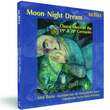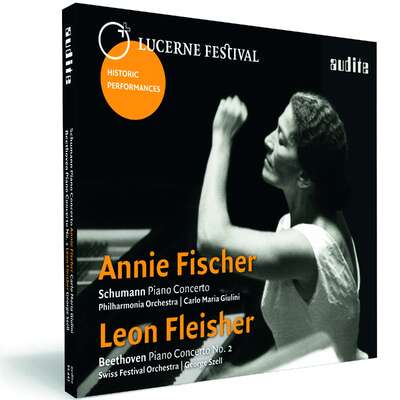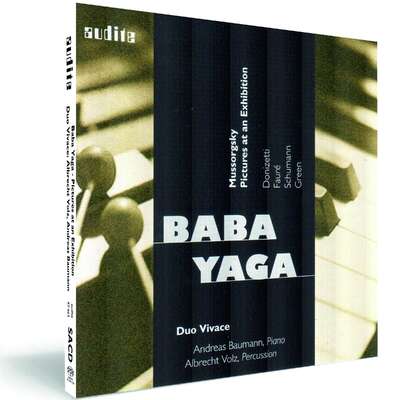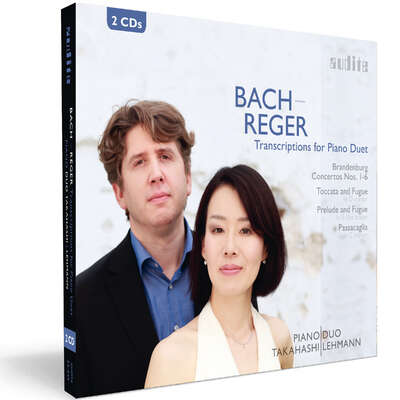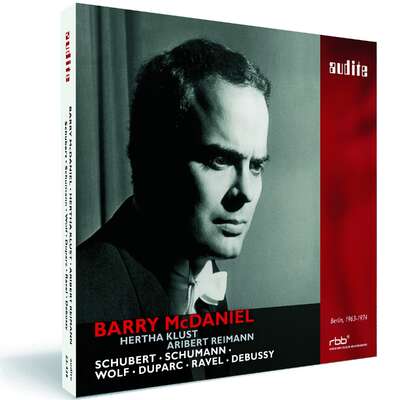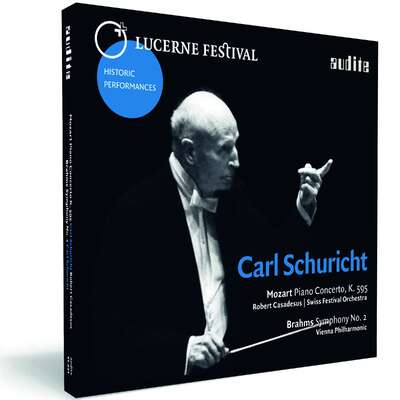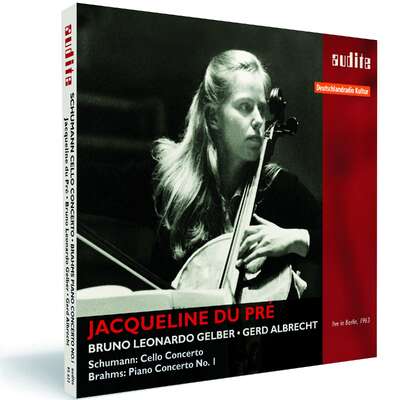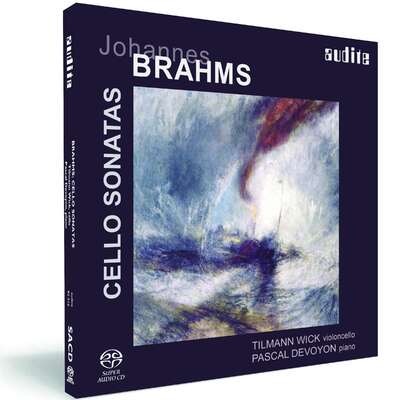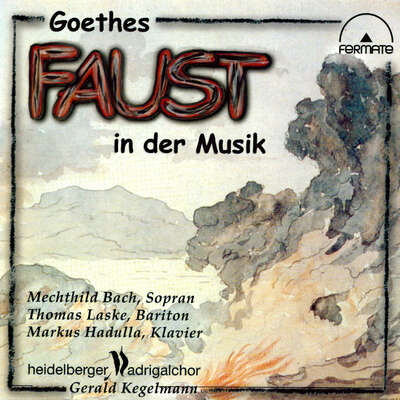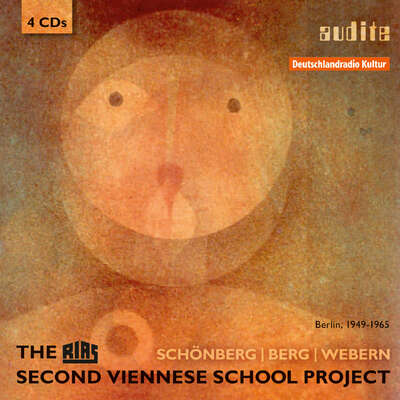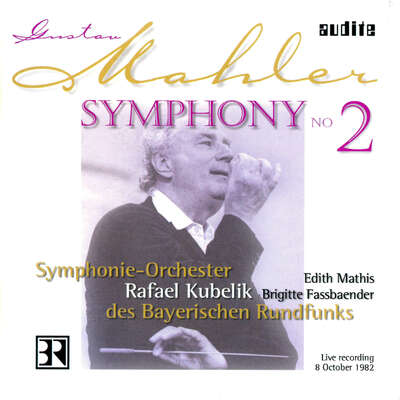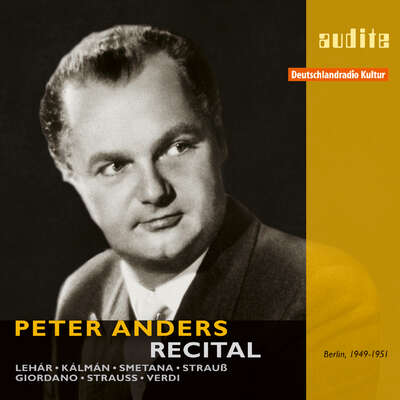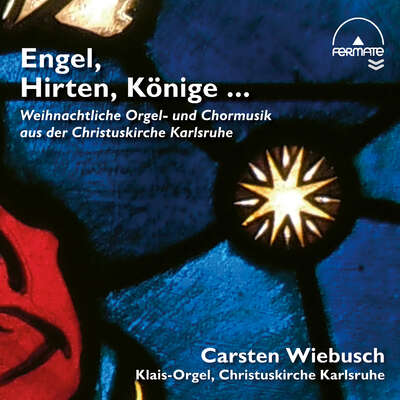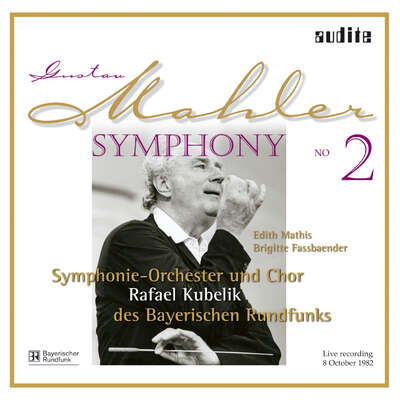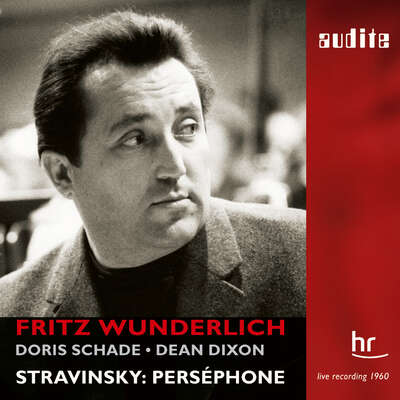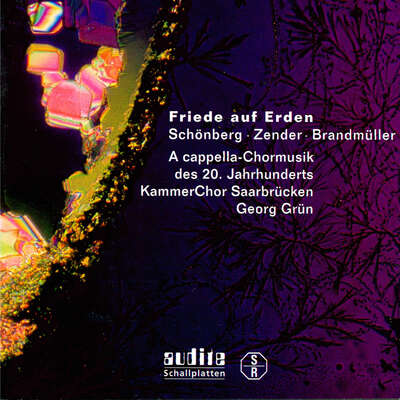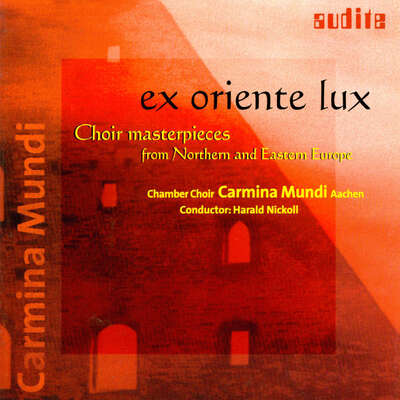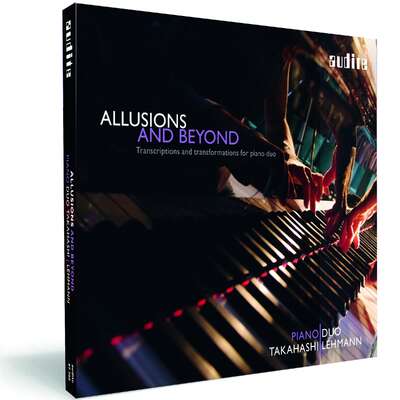
The alternation between day and night has always had a special appeal for people. Especially the composers of the Romantic Period were fascinated by this eternal dualism and by the new worlds of experience offered by the night. Schumann, Brahms, Reger and others let themselves be inspired to create...more
"‚Vox Bona’ erweist sich als erfreulich homogener Chor mit durchweg klaren Stimmen und keine davon sticht jemals einzeln hervor. Außerdem sind die Sängerinnen und Sänger äußerst flexibel in der klangfarblichen Tongebung, in der Umsetzung des Toncharakters im jeweiligen Chorsatz." (www.Klassik.com)
Details
| Moon - Night - Dream | |
| article number: | 97.483 |
|---|---|
| EAN barcode: | 4022143974839 |
| price group: | BCH |
| release date: | 1. December 2002 |
| total time: | 54 min. |
Informationen
The alternation between day and night has always had a special appeal for people. Especially the composers of the Romantic Period were fascinated by this eternal dualism and by the new worlds of experience offered by the night. Schumann, Brahms, Reger and others let themselves be inspired to create strongly expressive music. The award-winning chamber choir VOX BONA interpret several selected choral works here.
Reviews
American Record Guide | 4/2003 | Lindsay Koob | July 1, 2003
Vox Bona, the chamber choir of the Kreuzkirche Bonn, offers us here a lovely and reflective a cappella theme collection of mostly late-romantic GermanMehr lesen
As the rather philosophically-toned notes point out, nighttime for most of us means protection and threat at the same time; it is "the place of demonic powers as well as the stronghold of comfort and security". Small wonder that night has fired the creative impulses of artists of all kinds. German poets and musicians--particularly in the romantic period--have left us especially sensitive and lovely evocations of the cycle of daily darkness. Some of the best of these are heard here, most of them for normal mixed chorus.
Three fine pieces from Max Reger, all in the style of German folk music, begin the program. 'The Moon has Risen', his second piece, is a drawn-out prayer, asking for peaceful repose and rest from the world's troubles. It is the first of several pieces here to draw parallels between nighttime and the "long night" of death. The most memorable of Brahms's four choral gems here are the two intense 'Night Vigil' songs, setting poetry by Ruckert. These offer stark contrast to his folk-flavored 'Furtively the Moon Rises'. Robert Schumann's single selection, 'Uncertain Light', for double chorus, impulsively explores the common romantic theme of the driven wanderer, stumbling resolutely through the night in pursuit of a distant and mysterious flicker of light. Hugo Wolf's lush and gentle Eichendorff setting, 'Resignation', is a particular treat; and Josef Rheinberger's imploring 'Evening Song' is a happy discovery.
More complex sonic moods and effects are heard in the three pieces by Harald Genzmer (b.1909). The most arresting of them is the Latin-hued 'Black Moon', with softly insistent men's voices spinning out a subtle dance rhythm beneath the women's sensual singing. Only two non-German composers are included. Kodaly's ecstatic 'Evening' speaks of nocturnal joy and peace in striking harmonic language. Perhaps the most disturbing offering of the lot is Britten's 'Long Night', from his eight Sacred and Profane pieces--a piece of bitter resignation.
The wonderful singers of Vox Bona produce the kind of clean, clear, yet robust singing often heard from German ensembles. Their sonorities are consistently pleasing, save for a few slightly shrill-sounding passages from the sopranos at the top of their volume and range. Otherwise, their sense of smooth ensemble and subtle emotional intensity makes this nocturnal music a real joy to hear.
Notes and texts are impeccable, and the English translation is quite elegant. Sound is vividly detailed and transparent. This is deep, thought-provoking, and mostly very beautiful material.
klassik.com | 28.04.2003 | Erik Daumann | April 28, 2003 | source: http://magazin.k... Multae Voces Bonae
Mond, Nacht und Traum – Themen, so alltäglich und doch wie geschaffenMehr lesen
Musikmarkt | 06/03 | February 3, 2003
Das Wechselspiel zwischen Tag und Nacht hat schon immer Reiz auf dieMehr lesen
